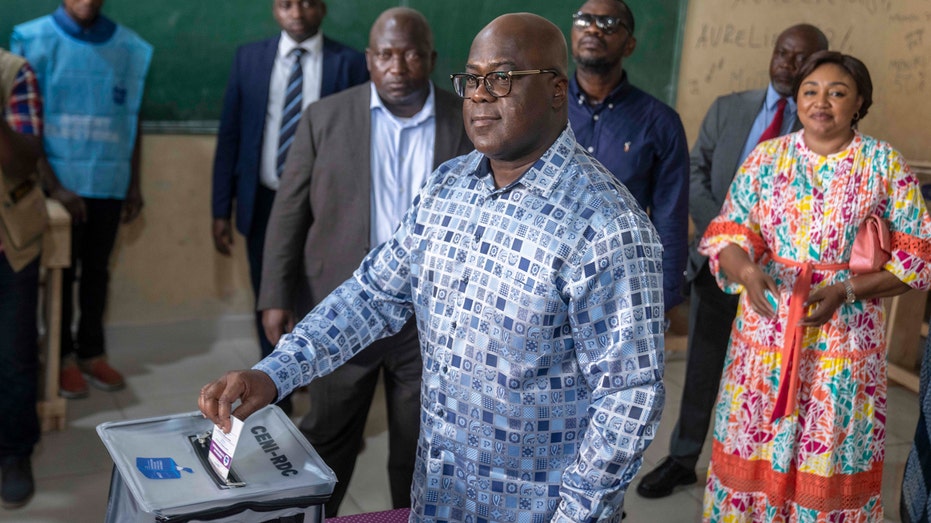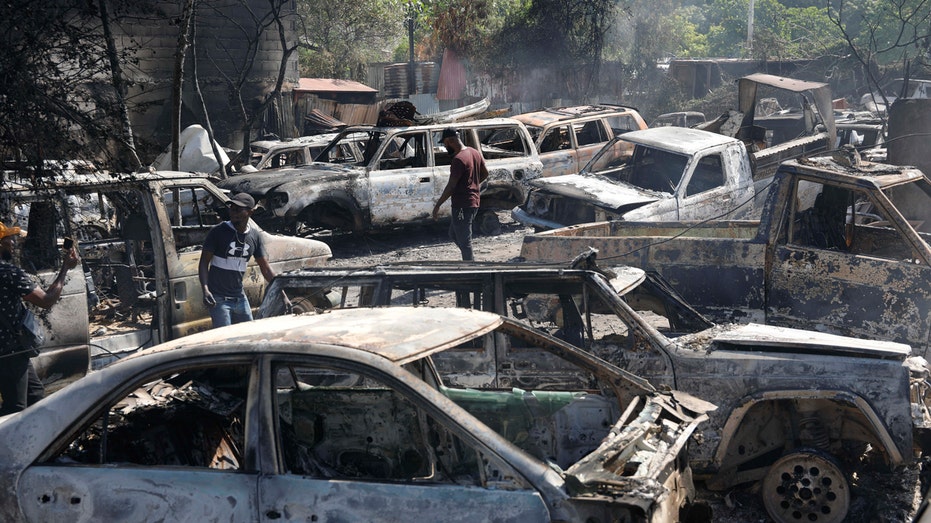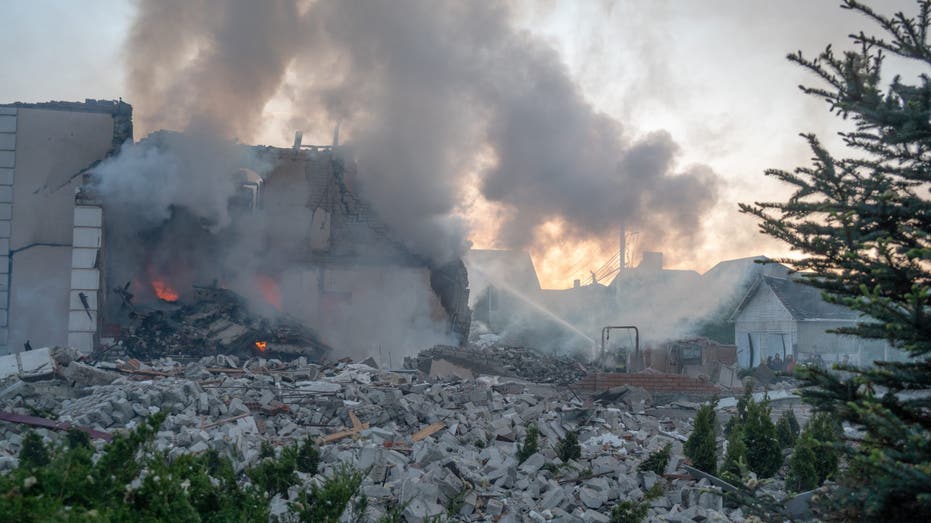Lengthy delays at the polls forced officials on Wednesday to extend voting in Congo’s presidential election as the West African nation faced steep logistical and security challenges that raised fears about the ballot’s credibility.
Polls that were unable to open Wednesday will conduct voting on Thursday, Denis Kadima, chair of the electoral commission, said on local radio.
Some 44 million people — almost half the population — were expected to vote, but many, including several million displaced by conflict in the vast country’s east, struggled to cast ballots. The fighting prevented 1.5 million people from registering to vote.
OPPOSITION LEADER LAUNCHES BID TO UNSEAT CONGOLESE PRESIDENT
At stake is the future of one of Africa’s largest nations and one whose mineral resources are increasingly crucial to the global economy. Congo has a history of disputed elections that can turn violent, and there’s little confidence among many Congolese in the country’s institutions.
“In time of coup d’état and autocracy in Africa, this election is an opportunity to reinforce a unique democracy in central Africa,” said Fred Bauma, executive director of Congolese research institute Ebuteli.
But the voting extension caused new concern, despite the election commission spending more than $1 billion in recent years to try to make the process more credible. Opposition candidate and Nobel Peace Prize winner Denis Mukwege rejected the extension, saying “the results of such a chaotic vote will not reflect the will of the people.”
President Felix Tshisekedi seeks his second and final five-year term, running against 26 others on the ballot. His main rival appeared to be Moise Katumbi, the former governor of Katanga province and a millionaire businessperson.
“When you wake up in the morning you’re hoping for good things, good work, and I want security,” Raymond Yuma said in the capital, Kinshasa, waiting with three others for a polling station to open.
None of their voting cards was legible. A major concern is that ink on cards has smudged. That means voters could be turned away. In addition, the voter registration list hasn’t been properly audited.
Three hours after polls opened, over 31% of polling stations in main cities and towns were yet to open, with voting machines faulty in 45% of stations, according to Bishop Donatien Nshole, spokesman of the National Episcopal Conference of Congo and the Church of Christ in Congo observer mission, basing the figures on reports of around a fifth of its large network.
One polling station in the capital received voting devices less than two hours before polls were meant to close. Thousands of stations, particularly in remote areas, still might not have needed materials.
The delays were a result of technical issues such as faulty machines or election officials not knowing how to use them, officials said. “Some machines are problematic and they don’t have cables,” according to Patrick Mbo, an official with the election commission in Kinshasha’s Saint Benoît center.
Allegations of voter fraud emerged in parts of Équateur province. More than 7,000 ballots reportedly were illegally marked before voting, according to Bishop Donatien Nshole with the local observer mission.
In eastern Congo, people said they weren’t finding their names on voting lists.
“The voters displayed on lists at the polling station are fewer than those who are lining up,” said Jules Kambale at a polling station in Goma.
Some displaced people said they were prevented from voting because of challenges including the inability to get new voter cards. “It hurts our hearts,” said Hategekimana Jean Baptiste, who described it as discrimination.
At one station, an angry crowd tried to push past police officers in riot gear. And in the city of Bunia, a voting center was vandalized in a dispute between the electoral commission and voters, said Jean-Marcus Loika, a local journalist. Gunshots in the area prevented people from voting, he said.
While voting in Lubumbashi, opposition candidate Katumbi asked the population to stay at polling stations and monitor results until the end. “The only result that we will accept will be the one displayed on each polling station,” he said.
A fractured opposition makes Tshisekedi the likely favorite to win. There is no runoff vote.
The son of a late, popular opposition figure, he has spent much of his presidency trying to consolidate power over state institutions and working to overcome a crisis of legitimacy after a contested election five years ago. Tshisekedi voted at a Kinshasa school and waved to a crowd of screaming supporters.
EL-SISSI’S RE-ELECTION CONSIDERED IMMINENT AS POLLS CLOSE IN EGYPT
“He’s someone who’s done a lot of things for the country … he’s fought for democracy,” said business owner Joseph Tshibadi.
In the east, more than 120 armed groups are fighting for power and resources or to protect their communities. Tshisekedi had promised to curb the violence, but an East African force is pulling out, along with the U.N. peacekeeping mission. A cease-fire brokered by the United States in the region was extended from 72 hours to two weeks, the White House said. Residents said it appeared to be holding.
Already, some observers have alleged the election process is far from transparent.
The East African Community said its election observer mission was not granted access to Congo. And the European Union canceled its mission after authorities did not authorize the use of satellite equipment for its deployment.




